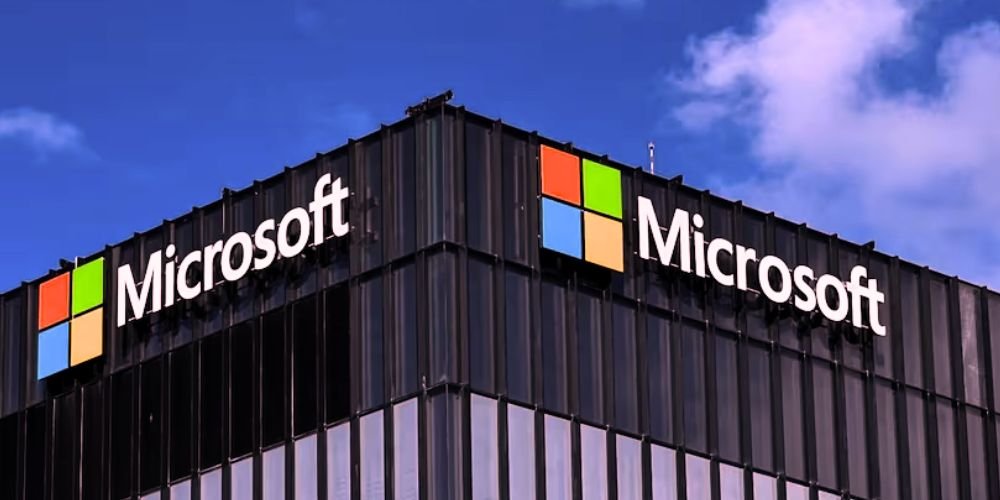Key Points:
- Microsoft’s partnership with OpenAI and Google’s AI deal with Samsung face potential EU investigations.
- Focus on exclusivity clauses and Big Tech’s potential to block smaller AI developers.
- Additional information was sought on Microsoft-OpenAI and Google-Samsung agreements.
- Examination of acquisitions primarily for talent, exemplified by Microsoft’s acquisition of Inflection.
Microsoft’s (MSFT.O) partnership with OpenAI and Google’s (GOOGL.O) AI deal with Samsung (005930.KS) are facing potential EU antitrust investigations. Regulators have highlighted exclusivity clauses as a significant concern. This development reflects global regulatory unease about Big Tech leveraging its dominance in emerging technologies, echoing its market power in other sectors.
EU competition chief Margrethe Vestager announced on Friday that regulators will seek additional third-party views on these deals. It follows initial questionnaires sent in March to major tech companies, including Microsoft, Google, Meta’s (META.O) Facebook, and ByteDance’s TikTok, regarding their AI partnerships.
“We have reviewed the replies and are now sending a follow-up request for information on the agreement between Microsoft and OpenAI to understand whether certain exclusivity clauses could negatively affect competitors,” Vestager stated at a conference.
Reuters first reported that EU regulators were building a case that could lead to an investigation into the Microsoft-OpenAI partnership. A Microsoft spokesperson responded, “We stand ready to respond to any additional questions the European Commission may have.”
Vestager clarified that Microsoft’s partnership with OpenAI would not be subject to EU merger rules due to the absence of control. While OpenAI’s parent is a nonprofit, Microsoft has invested $13 billion in a for-profit subsidiary, acquiring a 49% stake.
Vestager also expressed concerns about Big Tech potentially blocking smaller AI developers from accessing users and businesses. “We are also sending requests for information to better understand the effects of Google’s arrangement with Samsung to pre-install its small model Gemini Nano on certain Samsung devices,” she said. In January, Google reached a multi-year deal with the South Korean company to embed its generative AI technology in Samsung’s Galaxy S24 series smartphones.
In addition to these partnerships, Vestager mentioned scrutiny over “acqui-hires,” where companies acquire others primarily for their talent. An example is Microsoft’s $650-million acquisition of startup Inflection in March, which allowed it to use Inflection’s models and hire most of its staff. “We will make sure these practices don’t slip through our merger control rules if they basically lead to a concentration,” Vestager asserted.





